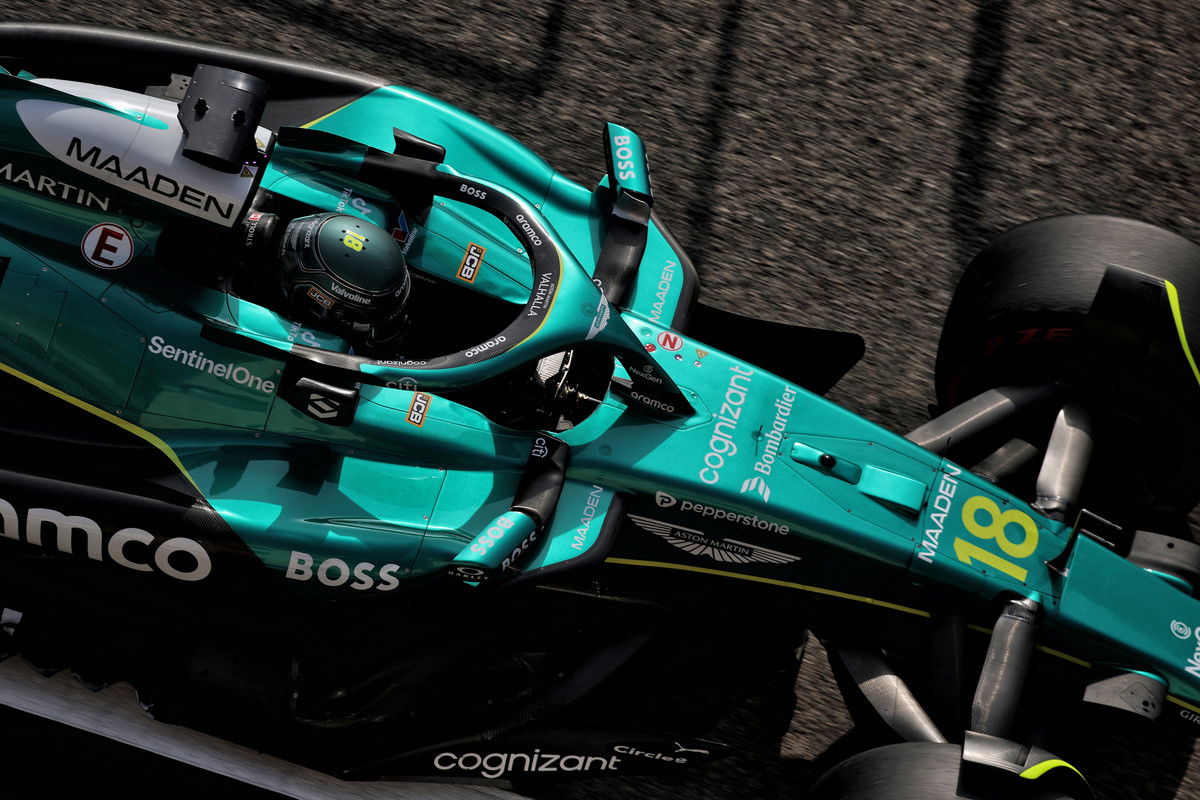
The future of F1’s power unit regulations was discussed at a meeting in Bahrain on Friday morning.
The world championship is set to introduce new rules next year that increase the use of hybrid power to 50 percent of the engine output.
It has been suggested F1 could revert to normally aspirated engines given the use of sustainable fuel as those in the sport now begin to look beyond the next generation of the rulebook.
However, that’s only one aspect of the considerations with a number of other key areas identified as priorities.
“The FIA has firmly committed to the 2026 Formula 1 regulations,” a statement from the FIA announced.
“The FIA technical department, together with a number of stakeholders, has invested a lot of time in the framing of the 2026 regulations on hybrid power units with 100 percent sustainable fuel.
“Minor refinements and adjustments are still being constructively discussed with all stakeholders.”
Representatives from Audi, Ferrari, Ford, General Motors, Honda, Mercedes, and Red Bull were present in the meeting, though did not land on a specific solution.
Instead, the discussion identified areas of particular interest, with cost reduction topping the list, followed by simpler designs.
The current hybrid units are both expensive and heavy, primarily due to the battery needs, and complicated.
Part of that has been addressed with the 2025 regulations and the reduction of the MGU-K system.
Nonetheless, concerns surrounding the weight of the next-generation power units remains and was also addressed, with a desire to reduce weight from a safety standpoint.
The key takeout however remained a desire to continue, at least broadly, down the path the sport has been on.
That saw a desire to continue discussions on the technical direction of Formula 1, and an insistence that “electrification will always be part of any future considerations.”
It suggests the notion of a return to normally aspirated engines such as the screaming V10s of the early-2000s will, for now at least, remain a distant memory.
Instead, the sport will continue to focus on efficient and sustainable power in-keeping with the desires of the automakers wishes.
However, some change is likely given the realisation the sport finds itself in an exposed position.
“Whichever engine roadmap is decided upon, the FIA is supportive of the teams and PU manufacturers in ensuring containment of costs of R&D expenditure, taking account of environmental considerations and acting in the best interests of the sport and the fans,” the FIA concluded.




















Discussion about this post